#horror writers
Text
forget who’s the top or bottom, which one of you is nursing a fresh bite-sized wound and which one of you is licking the blood off your teeth
8K notes
·
View notes
Text
have you considered
vivisecting your protagonist
1K notes
·
View notes
Video
CONTENT WARNING be careful watching somewhere where a loud noise could scare the heck out of you
hey buckaroos did you know my first traditionally published horror novel comes out this upcoming summer. it is about a christian conversion therapy camp, and it has a queer autistic main character. i am VERY proud of this way. it is also a very cathartic story, i think.
here is the book trailer and i think it is good example of fact that even though chuck is working with traditional big timer publisher i am still unique in my ways. i do not think you will ever seen a book trailer like this.
THANK YOU to my buds in band THE LOCUST for allowing chuck to use their song.
anyway buds if you want to preorder CAMP DAMASCUS you can right here
#camp damascus#tingleverse#chuck tingle#queer#lgbtq#lgbt#lgbtqia#horror#horror writers#writers of tumblr#the locust#autism#autistic#actually autistic#representation#scary#conversion
2K notes
·
View notes
Text

Exquisite Corpse - Poppy Z. Brite (currently Billy Martin)
#quotes#new favorite book. also it is vile and i cannot reccomend it in good conscience#poppy z brite#queer writers#horror writers#billy martin#exquisite corpse
352 notes
·
View notes
Text
Stephen King's Rose Red is on Hulu if you're interested 🥰
It's one of my favorites ❤️

49 notes
·
View notes
Text
people who use something other then google docs what do u use (would help if its a app but it doesnt have to be) cause i dont want google docs stealing all my shit
#stars posts#writers of tumblr#adhd writer#ao3 writer#autistic writer#female writers#horror writers#writeblr#writer things#writing#writing community#writers on tumblr#aomeone help please
10 notes
·
View notes
Note
How do you write horror?
I actually had like a conversation with my friends abt this a little bit ago so I'll talk about it here- this is a very broad question so I am going to answer it to the best of my abilities (like, how do I write vs. how do I write horror), so,,, pls be patient with me haha.
So, to kind of lay the groundwork I've kinda come to the conclusion that there are maybe 3 types of horror writers/ways to come at horror?? Or at least, that's how it gets categorized better in my head! Inspired by a post where someone described Jacob Geller as an architect's mindset, I think the 3 main ways to come at writing horror are as follows;
- The Language
- The Philosophy
- The Architecture
Keep in mind that this is all like ENTIRELY my own opinion and just how I come at writing my favorite genre, & I was/am an on and off fic writer and that's where most of my style was able to be developed!
Understandably these categories do seem a bit random but I think the example I can use best to explain it is gore, probably?
So with gore & body horror as an example, I'll go in the order of Philosophy > Language > Architecture for it to kind of make most sense.
Philosophy - Gore is many things. A lot of times the human mind meets it with, "that's wrong- that's wrong, wrong, wrong!"- and it gets worse with body horror, which seems to almost make an art form out of it. It is grotesque and obscene, and it forces you to be vulnerable- all things the mind hates. Organs that were never supposed to see the light of day are now being exposed to air they were never supposed to touch- and it's incredibly disturbing and upsetting because this isn't supposed to happen.... and worse, the longer you sit in it all, and you let it fester, it starts to become a "What really makes us human?" kind of thing. Everyone's reaction to the initial reaction to horrifying vulnerability of viscera is different. Some curiously engage with it, some will become obsessed with how intimate it is, some will still desperately want to get away from it. It's always a fun little "how will I write these gore scenes this time" & understanding how I want ppl to react, which brings me to the next bit- language
(P.S. no body horror in it, but if you do want a good horror book that delves into like the "What Makes Us Human?" bit of things, I rec Obscura by Joe Hart!! like it literally becomes an overarching theme in the book! A+)
Language - I spend a lot of time trying to put human experiences down on paper, and it just... doesn't work because language as a whole is not enough of a vehicle to get across all of my thoughts and my feelings on this one subject- this one subject that is, undeniably intricate (no matter what subject it is, at any point in time). With body horror or just generally terrifying scenes where I really need to get across what exactly is happening and why it's so terrifying and you should be scared too- it helps to find words that are as specific as possible to the moment, especially with gore, because it forces the character(s) and the reader to be vulnerable. I focus a lot on character's reaction to things as well, as a way to convey like 'holy shit this is NOT OK!!! I am not cool with this!!', and really- it wouldn't be a good story if I didn't intrigue myself a bit imo- whether I terrify, or I scare, or I just get myself obsessed... understanding the concept of what I want to get across as much as I can, so I can then spend as long as I want trying to get it across as accurately as possible in a way that will have others sharing my fear/intrigue/obsession... that is my personal goal!
Architecture - Your terror needs legs to stand on. Your dread needs legs to stand on. Fear/scares can be induced from a simple movie's jumpscare, or a couple of terrifying lines that build a scene quickly and get the ball rolling- but for good 'ol gothic terror it's a bit of a consistent slow burn that slowly grows over the course of the story. It's usually why the gore happens towards the end of a story if it's the climax of the story, or, in other cases, gore tends to be used as a way to break a character. It's not only about the structure of the story, it's about the structure of the character. When you develop a character it's like you've carefully constructed a small building- and in this case, the gore scenes are direct attacks on where this character's support beams would be. A building within a building.... within a building...? If you will.
Kathe Koja's short story The Neglected Garden (Extremities) is actually a perfect example of this, as it starts off with the gore straight off the bat- and from there it's a slow decline (in this story specifically, it's akin to watching a team of workers construct a house incredibly quickly, then being like "it doesn't seem that sturdy-" right when a storm comes by and the house itself sinks and gets *really* fucked up... and then from there starts to slowly deteriorate and crumble.)
I think this applies to writers as well lol- like, I'm definitely more of a language oriented horror writer because of how much I focus on my vocabulary, my sentences, my prose, etc- and not even in a way where grammar is my strong suit. In fact, I am like, incredibly bad with grammar and this post is probably a prime example of it! but I really try hard to get across a concept/idea with the tools available to me and I try to expand those tools when I can, because it frustrates me when there aren't enough words in the dictionary for "he screamed".
Outside of gore and body horror, I usually have a concept, and then I write the scenes were I'm very into the concept of it and what I want to be portrayed... and then I start expanding from there and building plot, etc, until I eventually sit down and write it in it's entirety- so my personal order tends to be; Philosophy, Architecture, then Language.
(And yes, these are all just fancy words for plotting and drafting but they help me think about it easier so pls be nice to me LMFAO)
#writeblr#writeblr community#writing community#creative writing#horror writing#horror writers#writers of tumblr#writers#horror fiction#horror stories#horror story#jacob geller#kathe koja#character development#writing#writing stuff#on writing#cw gore#cw horror#cw body horror#body horror#gore#used as examples#writing process#no this is all legitimately like plot structure and drafting etc etc but in a funny little mindset bc I am AuDHD#I will procrastinate if I don't give myself a fun way to look at things
91 notes
·
View notes
Text
That moment when you're writing a horror story and you start to creep yourself out and you wonder if you're going to give yourself nightmares (again) and the cat is looking at you with grave concern.
13 notes
·
View notes
Text
Nina Kiriki Hoffman
Science fiction, fantasy, and horror writer Nina Kiriki Hoffman was born in 1955 in San Gabriel, California. Hoffman has written both YA and adult novels, as well as over 250 short stories. She has been shortlisted for every major award in fantasy and science fiction. In 1994, Hoffman won a Bram Stoker Award for her novel The Thread That Binds the Bones. In 2008, she won a Nebula Award for Best Short Story for "Trophy Wives".
#writers#woman writers#science fiction#fantasy#fantasy writers#sci fi#science fiction writers#horror writers#women authors#authors#books
7 notes
·
View notes
Text
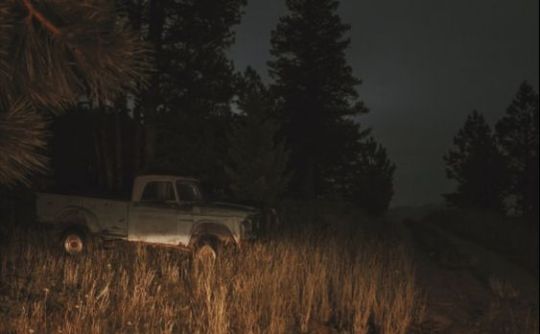



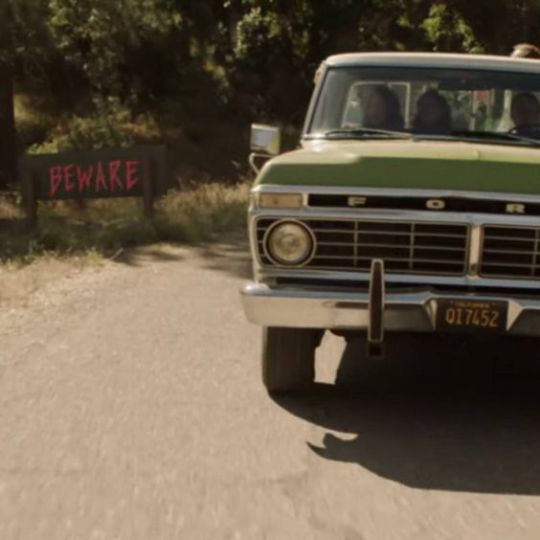
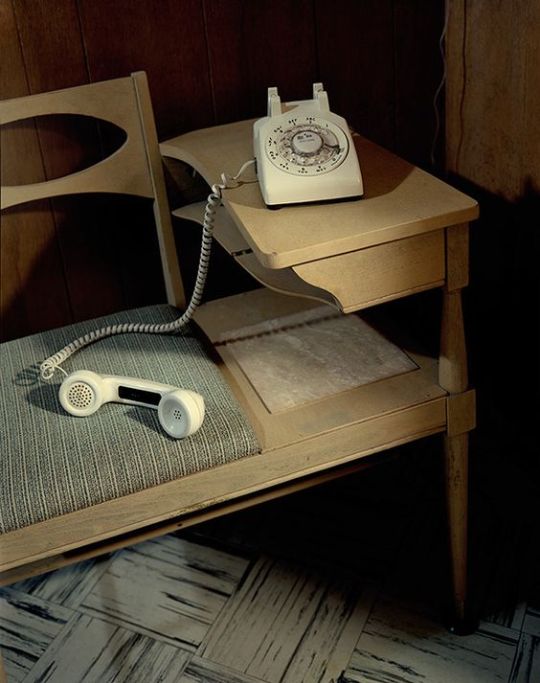
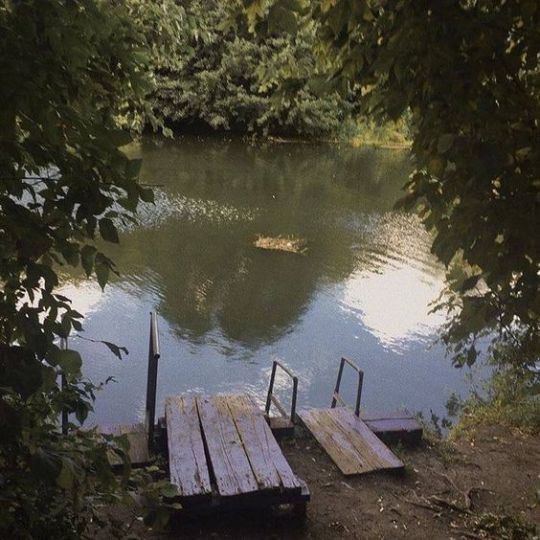
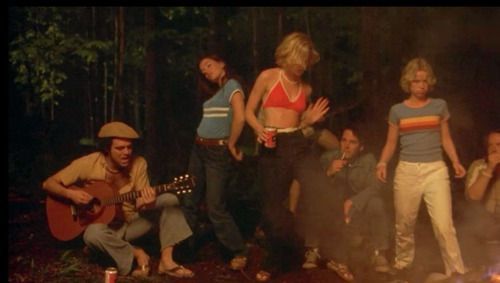
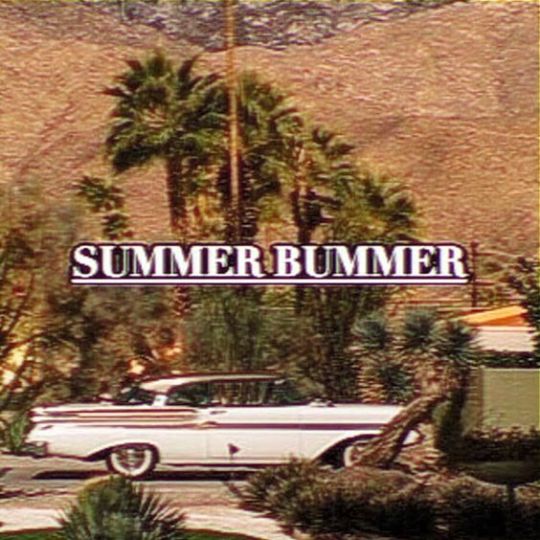
Are You All Packed For Camp?
Jane and Kate's Summer Camp of Horror Reopens For Orientation 05/19/2023
@xmichaelmyers
39 notes
·
View notes
Text
yes i write dark fiction. no i don't want to impregante someone with parasitic wasps in real life. we exist.
40 notes
·
View notes
Text
wow! all of a sudden i'm a published writer!
i've had two stories come out in print in the past three days.
check out "Everything You Dump Here Ends Up in the Ocean", a story about lesbians, pollution, mad science, and the end of the world as we know it in the aquatic horror collection Fish Gather to Listen from Horns and Rattles Press
and also! check out "A Mistake You Can't Ever Come Back From" in the collection That Old House: The Bathroom presented by Voices From The Mausoleum
finally, reminder that every tuesday Hungry Shadows Press is posting (for free) a 100-word story for Deadly Drabbles Tuesday, and you can catch my story "Bare" on December 5!
thank you and have an eerie good time!
#horror writing#horror writer#horror writers#aquatic horror#oceanic horror#lgbt horror#lgbt writing#writeblr
8 notes
·
View notes
Text
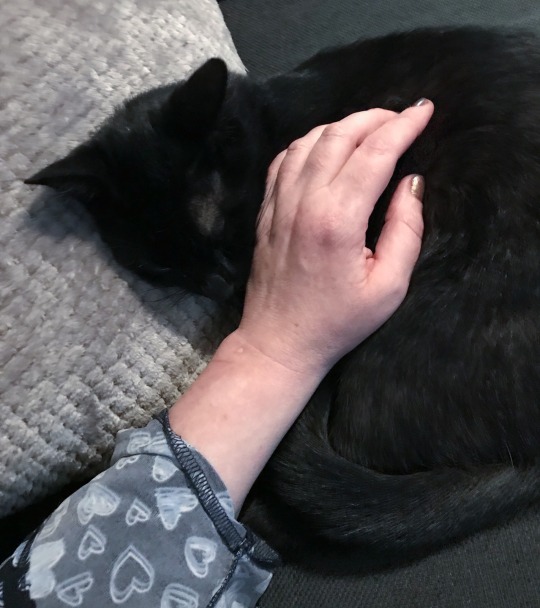
Writing a horror novel is hard work. Grady Hendrix must rest.
11 notes
·
View notes
Text
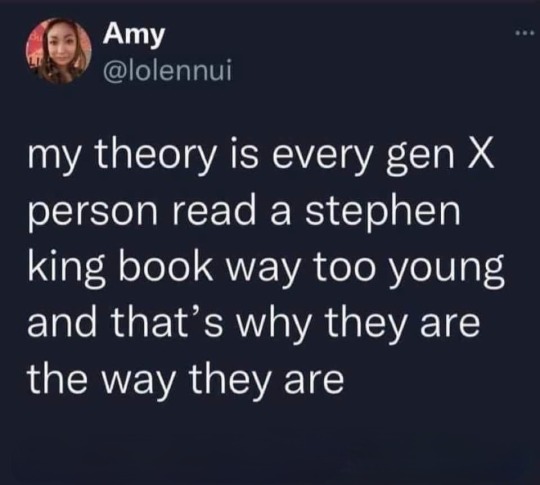
Just @ me next time 🤣📚
28 notes
·
View notes
Text
In Defense of Trope-Forward Categorization
I've gotten into a few fascinating discussions about tropes, genre, and subgenre recently, and I wanted to collect my thoughts on the topic a little bit.
I personally suspect that we are approaching a shift in the way that books are discovered and talked about.
Here's the thing:
The purpose of genre is descriptive. It tells you what sort of book a thing is, so you can group it with other similar books. This was necessary in physical bookstores, where books could be partitioned off into sections that would make browsing the shelves a bit easier.
But genres are wide. There are really only a few of them: Horror, Fantasy, Sci-Fi, Romance, Thriller, Commercial Fiction, Literary Fiction.
So then people started coming up with subgenres, and those subgenres became increasingly specific while simultaneously harder to define: New Weird, Slipstream, Splatterpunk, Cosmic Horror, etc. etc.
And that's kind of where we're at right now, at least in the horror space. You describe what sort of book you have in terms of a brief plot synopsis, a genre or subgenre label, and a couple of books it's similar to.
But there are some shortcomings to this method.
For one thing - if I give you comp titles, you have to intuit in what way those books are similar to mine. For example, I can tell you that my book NEVEREST is similar to Ronald Malfi's The Ascent and Sarah Lotz's The White Road. And it's true. They all deal with presumably supernatural dangers in the Himalayas. But, unlike those books, my book is narrated by a woman, is intimately focused on past trauma and introspection, and has a claustrophobically small cast. That kind of resembles those books, too, but it's way more similar tonally to The Luminous Dead by Caitlin Starling. But if I used that book as a comp title for NEVEREST, would you assume my book is a futuristic sci-fi story like that one?
The Rise of Trope-Focused Organization
Thanks largely to Ao3 and fan culture in general, we're seeing an increase in people talking about and referring to stories in terms of taggable tropes instead of genre labels. This has breached the mainstream and informs the way that some publishers have started talking about and marketing their books.
However, so far this has only been the case in romance.
Romance as a genre has always catered toward a different type of reading experience than some other types of storytelling, in that readers have extremely specific expectations and desires and romance has traditionally marketed toward those. The mandatory "happily ever after" ending is one part of that -- readers pick up a romance knowing that everything will work out in the end, which enables them to relax and enjoy the ride. A romance that forgoes a happy ending is a breach of reader trust (and, some would argue, simply not a romance -- a love story, perhaps, but not a romance).
So it makes sense that romance novels would be marketed to readers with laserlike precision regarding their content and vibes. Because people read romance novels primarily to feel a certain way, and are usually savvy enough to know what tropes will get them there.
Which is how you end up with books that are traditionally marketed according to heat level (so readers know whether there are sex scenes and how explicit they are) and plot/character tropes such as "alpha male" or "enemies to lovers" or "soul mates."
These are not really genre descriptions in the usual sense. They don't tell you anything about the story's time period, setting, or other aesthetic trappings. But they do tell you what kind of general storyline you can expect, which is information readers in this space at least seem to want to know.
But is that true of readers in other genres?
I think it might be. And, moreover, I think this form of story discovery has become more possible -- and thus, more likely -- as we shift book-buying away from physical spaces and into digital marketplaces that can and often are driven by algorithmic recommendation systems.
The current young generation has grown up in a world where content is often fed to them based on preexisting likes and interests -- on YouTube, on social media, on various streaming sites. This generation is also more familiar with fanfic tagging and is accustomed to choosing stories based on that as much or more than plot summaries.
So I think it's worth considering tropes as a tool for discovery in other genres.
Talking About Tropes
When I've raised this as a topic in the past, it has occasionally been met with resistance bordering on horror from some parties, and I think it's worth taking a moment to unpack that reaction -- because I think it perhaps reflects a basic misunderstanding or mistrust of what "trope" means in this context.
Simply put, a "trope" is anything that is found recurring across multiple pieces of media. Pretty famously, the website TV Tropes has named and listed out thousands of these, wiki-style, with examples.
But when we talk about trope-driven categorization, we shouldn't be thinking of this in terms of 20,000 disparate TV Tropes. We would really only be focusing -- as the romance authors do -- on a handful of plot-related, character-related, or thematic tropes that convey important information about what type of reading experience this will be.
Of course, to make this work you would still need an agreed-upon vernacular for describing tropes, and some kind of consensus about which types of tropes were more or less useful in this context. I think we have an existing infrastructure for this in the way we currently talk about subgenre -- and tropes would be a simpler, less hazy way to describe a specific type of story since they would point to concrete characteristics as opposed to vibes.
The biggest downside I can see to this plan, and perhaps the biggest reason it hasn't been adopted as swiftly as in romance, is that plot tropes can be spoilers. This is less important in romance ("enemies to lovers" isn't a spoiler when you know they're going to get together!) but vitally important to mystery, thriller, some horror, etc. -- so balancing that in some way would be important.
"But Tiana," I hear you saying, "What's the point of coming up with tags and tropes? Isn't this what the summary is for?"
To which I would counter:
1 - Summaries are not easily optimized by searching. So while the summary might accurately convey what a book is like, it does not aid in discoverability the same way as a tagging system that could cluster similar books together
2 - Summaries are notoriously difficult to write and your summary may not actually be selling people on your book who would actually be interested in it if they knew exactly what sort of experience they'd have while reading it
So What Does This Look Like in Practice?
Let's say you have a haunted house story. I can see some value and utility in being able to tag that as:
A hostile ghost or entity that wants to cause harm (The Conjuring)
Ghost as tool for revealing and setting right previous injustice (Stir of Echoes)
Ghost as a manifestation of grief/mental illness/family conflict (The Shining)
The house itself is sentient/malevolent (The Haunting of Hill House)
The ghost is actually a living person/squatter (The Boy)
As a consumer, I am significantly more interested in some of these than others -- and if I've just finished reading or watching something in this particular vein, perhaps I want to make a point of finding more that scratch that same itch. Or maybe there's one of these that I just don't enjoy, and want to avoid -- like, maybe I really hate the "it was a squatter!" reveal and don't want to waste my time on a book that will do that to me.
Like I said...this system is not perfect, and I'm not entirely convinced that it's the ideal method for book discovery or anything else. But it's something I see as potentially likely and imminent in the market, and it seems to me that it would be wise to start thinking about it now, so we can adjust to the idea and learn how to make it work in our favor, rather than floundering when it's thrust upon us.
Drop your thoughts below. I'm genuinely curious to hear what others have to say on this!
TL;DR - maybe a shift from vague, vibes-based subgenre description to a more concrete trope-based tagging system would make books easier to search for, algorithmically recommend, and easily appeal to target readers.
#writing#publishing#horror#horror writers#books#tropes#genre#thoughts#someone come engage with me i beg of you
37 notes
·
View notes
Text
Bloody Things and Pretty Rings
CN: mentions of death, depictions of blood
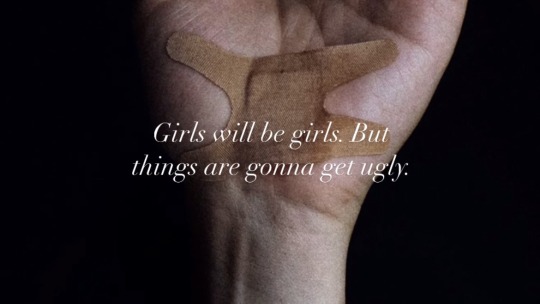
Chloe was shocked when Aria walked into the restaurant looking like a stranger. The girl with the long lifeless hair and poorly fitting clothes had turned into a stylish woman with a chin length messy bob and a middle part.
The gold ring on Aria’s hand was the only thing Chloe did recognize.
“Chloe!” Aria squealed. Like they were back in high school.
At her therapist’s insistence, she had unfollowed Aria. The last post Chloe saw was something about landing a journalism internship.
“You look so different.”
Aria laughed as she settled into her chair and ordered two ice waters and two house salads
“Really? I think I look more like myself than ever.”
That made Chloe want to dig out their old Facebook albums. Maybe they would also answer the nagging question at the back of her mind. Aria must have decided to copy the style of one of their friends, but Chloe couldn’t figure out who. After getting over the initial shock of her new appearance, there was something hauntingly familiar about Aria.
Awkward silence settled between them while they waited for the food. Chloe complimented the leather jacket Aria had carelessly flung on an empty chair. She was immensely jealous of it.
“It’s so easy these days, with all the old styles coming back. Just hit up a thrift store and you’re golden. Vintage is always the way to go.”
Chloe used to be the stylish one. Now she was hanging on by a thread. She knew every decent thrift store in a ten mile radius and they all knew her by name. One of them even had her picture up on the bulletin board behind the register. But if she went on Saturday mornings, the tired teenage employees were too busy to care.
There was nothing easy about it. She looked like a shell of her former self and that took mountains of work.
Aria was still talking. “Of course, I could use some help, if you know what I mean.”
She spun the ring on her hand as she said it. Chloe had been trying not to stare at it.
“Good thing you have it then.”
The waitress sat their plates down and vanished.
Chloe chugged her ice water. She thought it was in bad form for Aria to bring up the ring. There was no call for her rub it in Chloe’s face. Especially after all this time.
“Well, sure. But you never did tell me how to use it.”
Chloe snorted. “Looks to me like you haven’t had any issues.”
Aria sighed, putting down her fork. “Listen, Chloe, I didn’t want it to come to this, but you were always quite dense. Tell me how to use the ring or I’m going to have to make some phone calls about what really happened to Mackenzie Johnson our senior year.“
“That was an accident.” Chloe had said it so many times she believed it.
“Oh sure, but her parents would still like to know the truth.”
Aria raised an eyebrow, waiting.
“I can’t explain it,” Chloe said through gritted teeth. She waved her hands, “You just use it.”
Putting on that ring made the world effortless. She didn’t know how to explain that to Aria.
Aria who had her phone out and was furiously typing on it. With her manicured nails and perfect winged eyeliner.
“What else could you possible want?”
“I told you, I want to know how to use it.”
The forks and knives of other diners clinked while Chloe sat silent. Calculating.
“Tell you what,” she said finally, “I’ll make you another bet.”
A bet was how Chloe had lost the ring to begin with.
Aria shrugged. “Fine, I win, you tell me how to use it. Or I ruin your life.”
“Our lives. You where there too when Mackenzie drowned. And if I win, you give me the ring back.”
Aria grinned. Chloe faulted. Maybe she was underestimating how much Aria understood about the ring.
“I doubt that’ll happen, but sure.”
Chloe felt like a sweaty mess, but she tried to look cool as she leaned forward and said, “I bet you can’t get our waitress to give us our meal for free.”
Aria grinned again, waving the waitress over and starting to sweet talk her.
Chloe didn’t pay attention to what her former friend was saying. It was didn’t matter. She was thinking instead about how lucky it was she had shelled out for the fancy vitamin D supplements. The ones that came in a glass jar.
The waitress left, annoyed. Aria was flushed, looking down at her salad.
“Oops, guess that didn’t go well,” Chloe said, dumping the pills in her purse and dropping the bottle on the floor.
“Doesn’t matter, you can’t do any better. You were always terrible at dealing with people. You’re too blunt.”
Chloe smiled, bringing the heel of her vintage Chelsea boots down hard on the bottle. She felt it smash.
Still smiling, she reached down for a bit of broken glass and dropped it into her salad. Aria snorted, unimpressed.
Chloe scooped up lettuce with her fork. She bit down hard, blood filling her mouth. She paused for a moment, soaking in the horror on Aria’s face.
And then she spit the bloody mess on the table and started screaming.
After all the screaming died down and the manager profusely apologized, not only comping their meal but giving them a voucher, Chloe held out her hand to Aria.
Aria wordlessly dropped the ring into her palm. The girls might have their faults, but a bet was a bet.
There was no rush when Chloe put the ring on. It was like waking up from the most restful sleep. Blinking awake invigorated, the best version of herself. She swept up her purse and her scarf and got up.
Aria looked down at the table, her hair starting to frizz. “I didn’t even use it, I built everything that I have.”
Chloe laughed as she exited the restaurant. She went straight to the mall and everything she tried on fit. The security guards smiled as she walked out the door, a bag full of clothes with security tags. Not a single alarm went off.
More than that, everything made sense. She already had a hundred likes on a picture from the dressing room. She knew who she was again.
The apartment was dark when she got home, illuminated only by the streetlights. Looking in the hall mirror, Chloe finally put a finger on who Aria looked like these days.
Her.
#flash fiction friday#flash fiction#flash fiction challenge#flashfictionfriday#flash fic#original writing#original horror#horror writing#writeblr#writblr#writing community#female writers#writers on tumblr#horror writers#horror#horror story#tw blood#tw death
6 notes
·
View notes